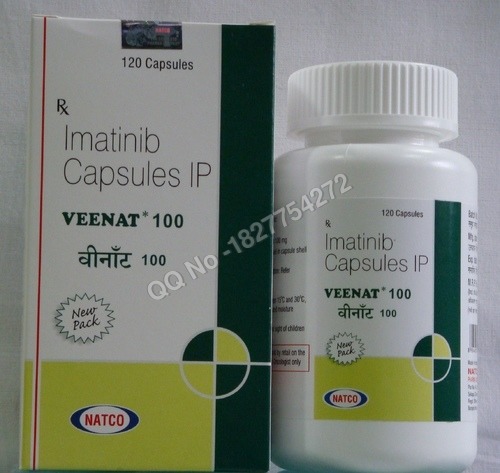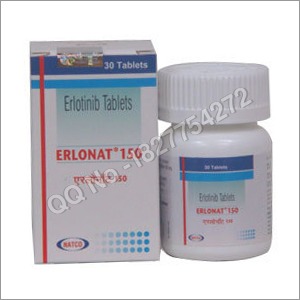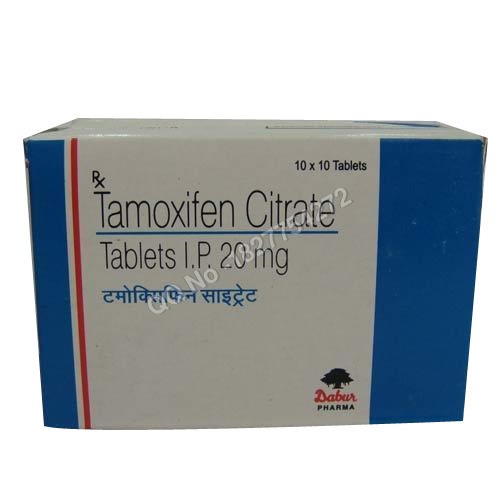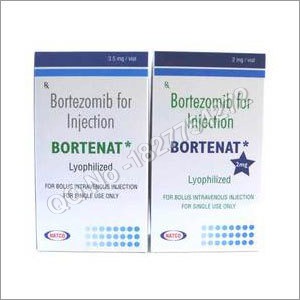VEENAT - IMATINIB
Product Details:
Product Description
Veenat-Imatinib
Veenat contains imatinib and belongs to a class of medications known as protein-tyrosine kinase inhibitor.
Indiaction
Veenat is used for the treatment of a type of leukemia (chronic myeloid leukemia or cml), gastrointestinal stromal tumors (gists - a type of tumor that grows in the walls of the digestive passages and may spread to other parts of the body). Veenat may also be used to prevent cancer from growing in patients after surgical removal of gist.
Mechanism of Action
Veenat works by blocking the action of an abnormal protein that promotes the multiplication of cancer cells. This helps slow or stop the spread of cancer cells.
Supplied as:veenat is available in 100mg & 400mg tablets or capsules.
Dosage: veenat is usually taken once a day.
Overdose:symptoms of overdose associated with veenat may include diarrhea, yellowing eyes and skin, stomach pain, fever, swelling, dark urine, change in amount of urine (severe increase or decrease), headache, loss of appetite, unusual bruising or bleeding, unusual tiredness or weakness, vomiting.
Precautions & Warnings
Veenat should not be taken without consulting your doctor if you have ever had pulmonary fibrosis (scarring of the lungs), or liver or kidney disease, bone marrow problems, low white blood cell levels, or low blood platelet levels or if you have had your thyroid gland removed and if you have a history of swelling (edema) or fluid retention.
Drug Interactions
The following drugs may interact with veenat:
The side effects including the risk of bleeding may be increased by warfarin
The risk of veenat's side effects may be increased by azole antifungals (itraconazole, ketoconazole), ketolide antibiotics (telithromycin), macrolide antibiotics (clarithromycin, erythromycin), nefazodone, or protease inhibitors (ritonavir)
Other cancer drugs (tamoxifen), corticosteroids (prednisone), cyclosporine, tacrolimus, calcium channel blockers (diltiazem, verapamil), heart rhythm drugs (amiodarone, quinidine), certain diabetes medications (glipizide, pioglitazone, troglitazone), rifampin, st. John's wort, nsaids (ibuprofen), antidepressants (desipramine, fluoxetine), beta-blockers (propranolol)
Veenat may decrease the effectiveness of levothyroxine.
Side effects
The side effects associated with veenat are fluid retention, anxiety, bone pain, constipation, cough, diarrhea, dizziness, gas, hair loss, headache, increased tear production, loss of appetite, muscle cramps, muscle or joint pain, nausea, night sweats, nose and throat irritation, abdominal pain, hemorrsion problems, and yellowing of the eyes or skin.
Note:Veenat is a prescription drug and should be used under proper medical guidance and advice. Do not share the medicine with others, since they may be suffering from a problem that is not effectively treated by this drug.










